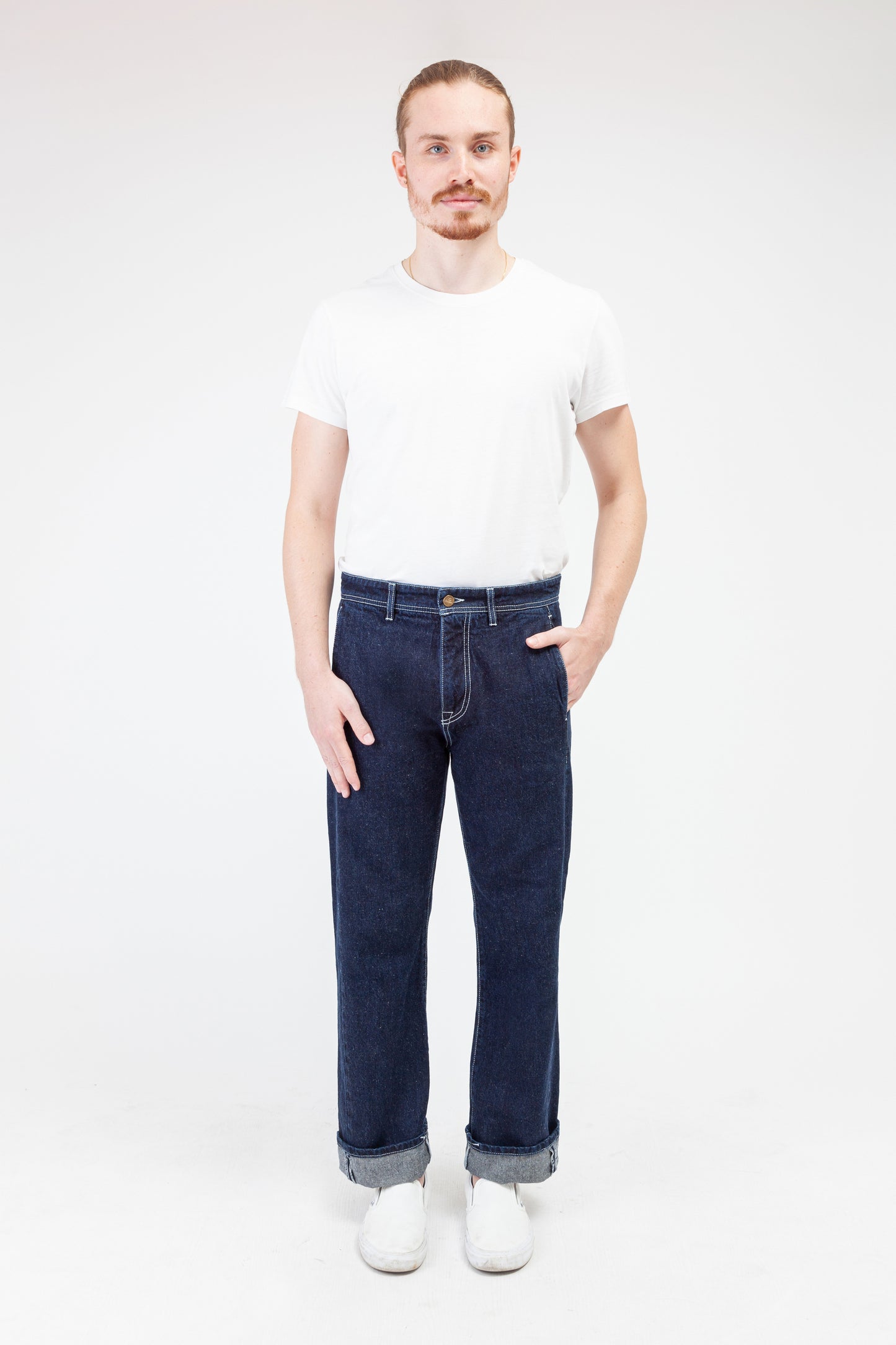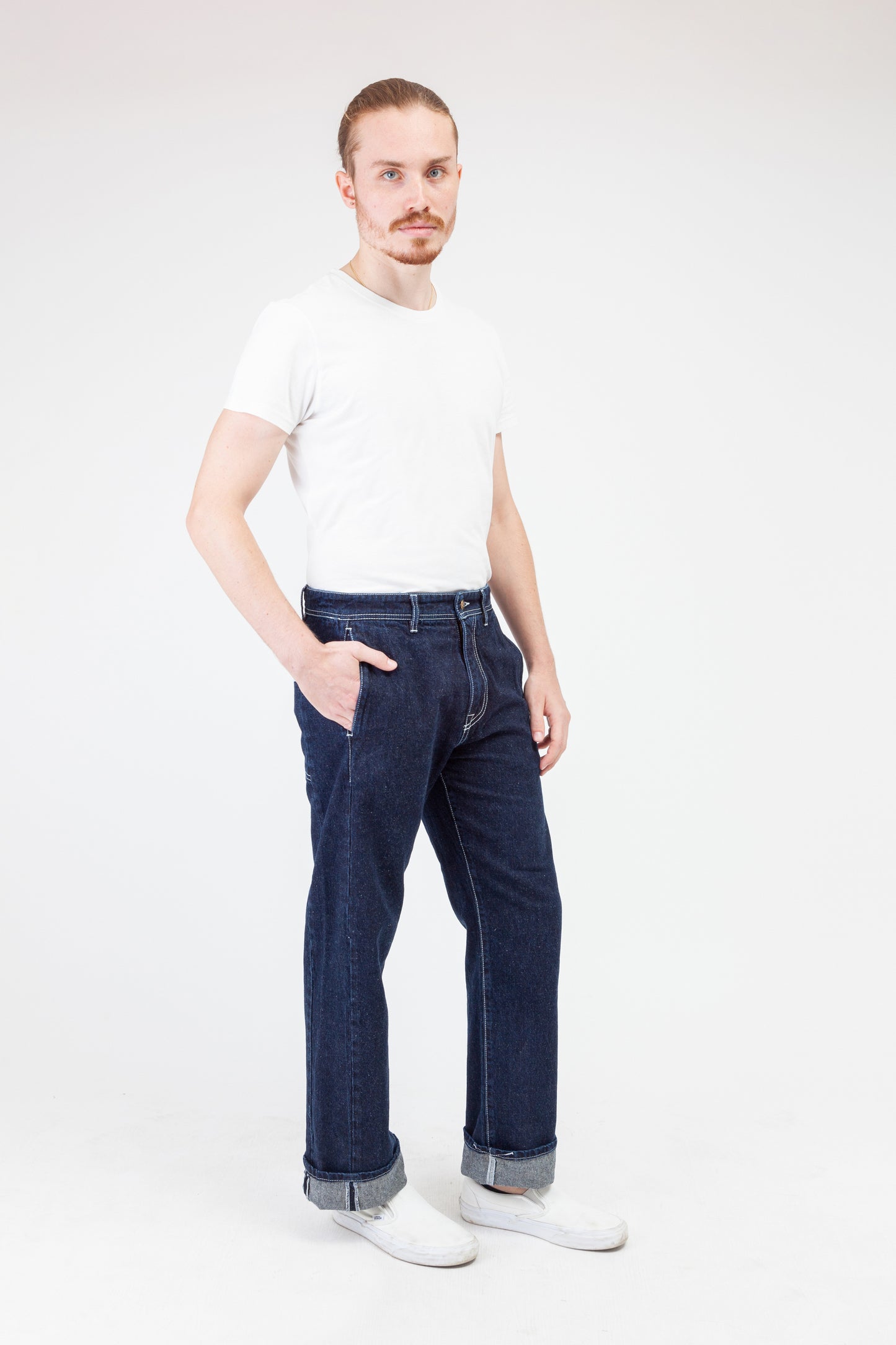1. Environmental Sustainability: Hemp is an incredibly resilient plant that grows rapidly and requires minimal water, about 75% less than other textile crops. Its cultivation needs few pesticides and fertilizers, helping to reduce the environmental impact associated with fabric production. Compared to crops like cotton, hemp requires fewer natural resources, making it an ideal option for those inclined toward a sustainable lifestyle.
2. Biodegradability: One of the key advantages of hemp textiles is their biodegradability. Unlike many synthetic materials, hemp naturally decomposes in the soil, reducing pollution caused by textile waste. This feature is particularly important in an era where fast fashion has led to an increase in textile waste worldwide.
3. Resistance and Durability: Resistance and Durability: Hemp fabrics are known for their strength and durability. Clothing made from hemp can withstand numerous washes without losing shape or texture. This results in longer-lasting garments, reducing the need to replace clothing frequently and contributing to more sustainable fashion.
5. Thermal Regulation: Hemp is a thermoregulating fiber, meaning it can keep the body cool in summer and warm in winter. This property makes hemp fabrics ideal for year-round clothing, offering comfort regardless of weather conditions.
4. Skin Health Benefits: Hemp is known for its hypoallergenic and antibacterial properties. Hemp fabrics are gentle on the skin, reducing the risk of skin irritations. Additionally, hemp can absorb moisture, keeping the skin dry and comfortable.
Conclusion: Hemp textiles emerge as an ecological and sustainable solution for the fashion industry. With its low environmental impact cultivation, biodegradability, strength, and skin health benefits, hemp represents a promising option for those seeking a more sustainable way of dressing. As conscious consumers, investing in hemp textile products can be a meaningful choice to contribute to greener and more sustainable fashion.





